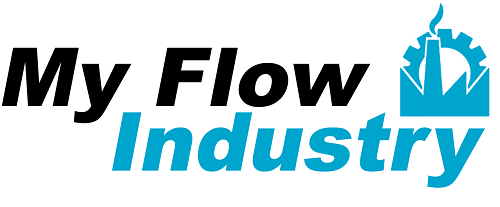
HR professionals are leaders in your business. Your company’s success relies on their skills and professionalism. Therefore, there is a need to identify the right attributes for HR professionals. Whether experienced or new in the field, every HR manager has to do certain things to succeed. Besides, human resource management’s uncertain environment makes it necessary for you to adapt to remain relevant.
1. Master the Art of Giving and Receiving Feedback
HR management is an ongoing learning process. To remain competitive, HR professionals must continuously enhance their skills. Companies with outdated HR strategies struggle to retain talented employees, leading to high turnover rates.
Providing feedback to employees is crucial for guiding and improving their performance. Constructive feedback helps employees understand their strengths and areas for improvement, leading to increased productivity and job satisfaction. As an HR professional, always aim to provide helpful and encouraging feedback. Avoid negative or demoralizing comments that can harm employee morale.
Equally important is the ability to receive feedback from the employees you manage. The traditional view of management being superior to employees is outdated and can lead to dissatisfaction. Feedback should be a two-way process. Listening to and implementing feedback from employees can enhance your HR practices and help you stay competitive in the field.
2. Enhance Your Technological Skills
In today’s fast-paced world, being tech-savvy is essential for HR professionals. Advancing your technological skills can significantly improve your management efficiency and professional development.
For example, using Talent Acquisition Software can streamline the recruitment process by advertising job openings on social media and job boards, screening candidates, scheduling interviews, and filtering applicants to find the best fit. Social media platforms can also enhance your business networking capabilities. HR Information Software can automate various HR tasks, such as payroll processing, reducing errors and saving time. By upgrading your tech skills, you can boost productivity and remain a competent and competitive HR professional.
3. Embrace Flexibility
Flexibility is key to thriving in the dynamic field of HR management. As an HR professional, you should be willing to explore new trends and continuously update your knowledge.
First, make time for networking and learning about the latest trends in HR. This can help you understand how other HR managers are addressing current challenges and opportunities.
Second, try out new practices and strategies. The HR landscape is constantly evolving, and traditional static policies may no longer be effective. Develop strategies to update your company’s HR policies to align with modern practices.
Finally, become a change agent within your organization. Lead discussions about change and encourage employees to embrace new ways of working. Being open-minded and flexible can help you drive the adoption of innovative HR practices and improve overall company performance.
4. Be Willing to Take Risks
A report from HR Magazine highlights the importance of having HR professionals with the right
skills to innovate, compete, and develop. As an HR professional, you are responsible for hiring
the right employees and ensuring they perform at their best.
Despite the common belief that HR professionals should avoid risks, taking calculated risks can
lead to significant benefits. Be bold enough to try new HR strategies and practices. Innovation
often involves stepping out of your comfort zone and experimenting with new ideas. By taking
reasonable risks, you can help your company gain a competitive edge and improve its HR management practices.
5. Maintain Strong Customer Relations
HR managers should focus on both internal and external clients. With the increasing emphasis on customer satisfaction, maintaining high standards of customer relations is essential.
Develop clear mechanisms for handling customer complaints and collecting feedback. This can help you understand and address the needs of both employees and clients. Strong customer relations contribute to a positive work environment and enhance overall satisfaction. By fostering good relationships with employees and clients, you can improve your HR practices and support the success of your organization.
Conclusion
HR professionals are the backbone of any business, responsible for hiring, training, managing, and leading teams. To remain competitive, HR professionals must continuously enhance their skills and adapt to changes in the industry. By mastering the art of feedback, advancing technological skills, embracing flexibility, being willing to take risks, and maintaining strong customer relations, HR professionals can thrive in their roles and contribute to the success of their companies.
